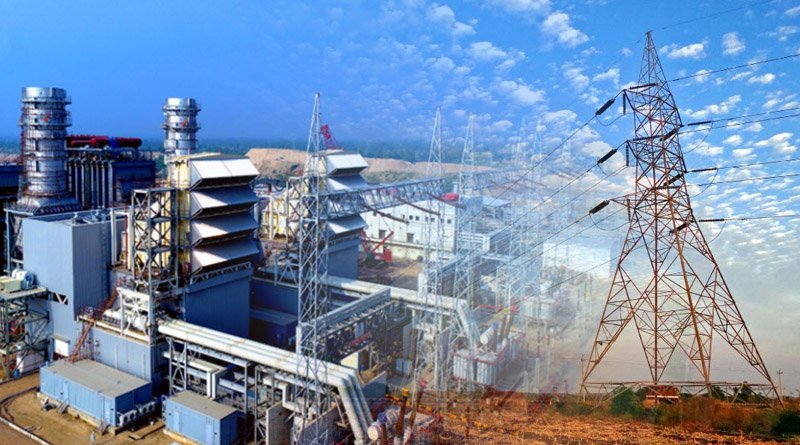European Commission announced that it had decided not to extend the emergency measures put in place last year to protect consumers from skyrocketing energy prices.

The European Commission announced on Monday that it had decided not to extend the emergency measures put in place last year to protect consumers from skyrocketing energy prices. The Commission also noted that these measures had helped to contribute to a stabilisation of the European energy markets.
By the end of 2022, the 27-member European Union was experiencing a severe energy crisis brought on by Russia’s invasion of Ukraine. To address the crisis, member states invested hundreds of billions of euros in tax breaks, handouts, and subsidies.
According to a statement, “The Commission confirms that it will not propose a prolongation of these crisis measures,” which it listed as retail price setting regulations, revenue caps for power plants, and measures to reduce electricity demand.
As a result, the spikes in electricity prices seen throughout 2022 are now thought to be “less probable to occur in the upcoming winter,” according to the report, which also noted that petrol prices have dropped and stabilised to less than 80 EUR/MWh.
The Commission added that it had incorporated some of the emergency measures’ components into its suggestions for longer-term structural changes to the layout of the European energy markets.
These proposals aim to hasten the transition to renewable energy, protect consumers from price spikes, and increase the use of fixed-price power contracts.
Together with the European Council, the European Commission (EC) makes up the executive branch of the European Union (EU). It functions as a cabinet government with a President presiding over the 27 members of the Commission (directorial system, also known as “Commissioners”).
It has a 32,000-person administrative staff made up of civil servants from across Europe. The Commission is divided into Directorates-General (DGs), which are departments or ministries within the Commission. Each DG is led by a Director-General who reports to the Commissioner.
Each member state has one representative, but members are obligated to represent the interests of the EU as a whole rather than their own nation by virtue of their oath of office.